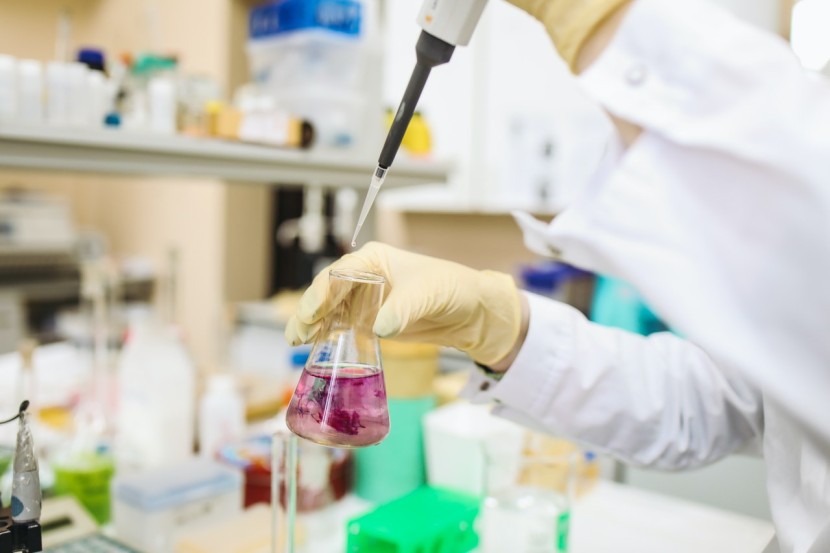
The World Health Organization (WHO) urged Ukrainian authorities to destroy high-threat pathogens they have stored inside health labs amid Russia's continued invasion of the region to prevent disease spread if they are accidentally or purposely destroyed.
Ukraine, similar to many other nations, has public health laboratories that are responsible for researching ways to mitigate the threats of dangerous diseases that can affect both animals and humans. The list of viruses includes, most recently, the coronavirus, which has crippled the world for nearly three years.
High-Threat Pathogens
The country's laboratories have long been supported by the United States, the European Union, and the WHO. Many biosecurity experts have warned that Russia's movement of forces into Ukraine and attack of the cities in the region could result in the escape of disease-causing pathogens if any of the housing facilities are damaged or destroyed.
In an email on Thursday, the WHO said that it has collaborated with the Ukrainian public health labs for several years in promoting security practices. These procedures include ways to help prevent the "accidental or deliberate release of pathogens," as per Reuters.
The health agency's statement said that WHO was strongly recommending Ukraine's Ministry of Health and other responsible bodies to destroy what they considered high-threat pathogens to avoid "potential spills." However, authorities did not reveal details regarding its recommendation nor did it mention what pathogens or toxins were stored in Ukraine's laboratories.
The situation comes as many fear that Russia could begin using biological and chemical weapons in its already aggressive invasion of Ukraine. The White House said that Moscow could be planning how to use bioweapons in its current war with Ukraine, warning that the whole world should be on "the lookout."
According to BBC, White House Press Secretary Jen Psaki called Russia's claims that the U.S. had biological weapons labs and chemical weapon development in Ukraine "preposterous." The official called the unfounded claims a ruse in order to justify further unprovoked attacks.
Chemical or Biological Weapons
However, prominent social media users and conservative voices have echoed the baseless theory. The conspiracy theories come with no evidence to support the claims which have been unequivocally denied by Ukrainian President Volodymyr Zelensky, the White House, the Pentagon, and the State Department.
Fox News host Tucker Carlson and many others have misleadingly cited remarks from American officials, arguing they were proof of the labs producing or conducting research on biological weapons. On Thursday, Carlson said that United States President Joe Biden confirmed the theories.
The undersecretary of state, Victoria Nuland, was also involved in the string of misleading information when she testified in Congress. Sen. Marco Rubio of Florida questioned her about Ukraine potentially having chemical or biological weapons.
Nuland said that Ukraine had biological research facilities that were at risk of falling into Russian control. The official noted that the American government was working with the European nation to prevent the materials from falling into the hands of Moscow. The State Department said Nuland was referring to Ukraine's diagnostic and biodefense laboratories, which are different from biological weapons facilities, the New York Times reported.
Related Article:
Russia-Ukraine War: Pentagon Admits Poland Jet Proposal Shows "Difficult Logistical Challenges"
© 2026 HNGN, All rights reserved. Do not reproduce without permission.








